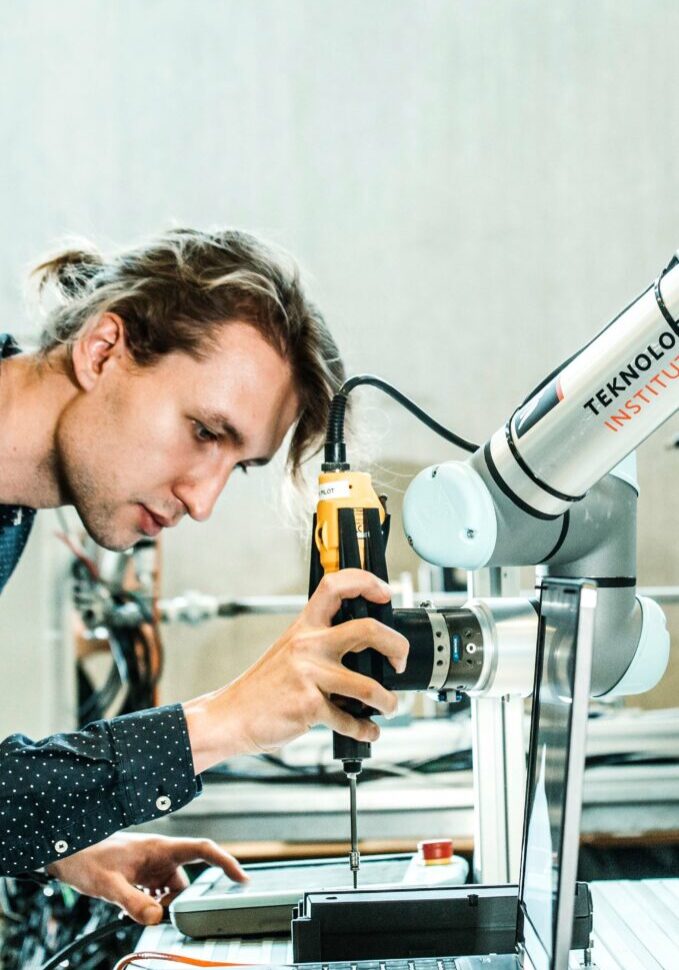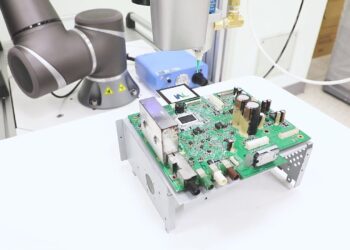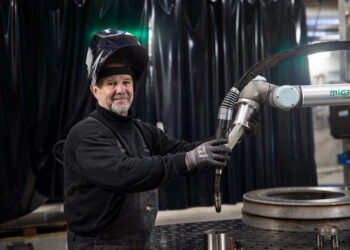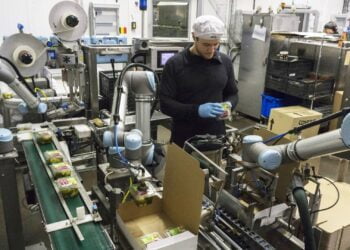In recent years, we have seen rapid development in the field of robotics and automation. One notable trend is the emergence of collaborative robots. Designed to work side by side with humans, these robots have the potential to dramatically change the way we work. In this blog, we discuss the impact of the arrival of cobots on the job market and explore the opportunities and challenges this new technology presents.
A new era of collaboration
Traditional industrial robots are designed to perform tasks completely autonomously, often isolated from human interaction. Cobots, on the other hand, are designed to work safely with humans in a shared work environment. They are equipped with advanced sensors and algorithms that enable them to detect humans and react to changes in the environment. These capabilities allow them to perform tasks that require a high degree of precision and flexibility, while at the same time allowing for human supervision and intervention when needed.
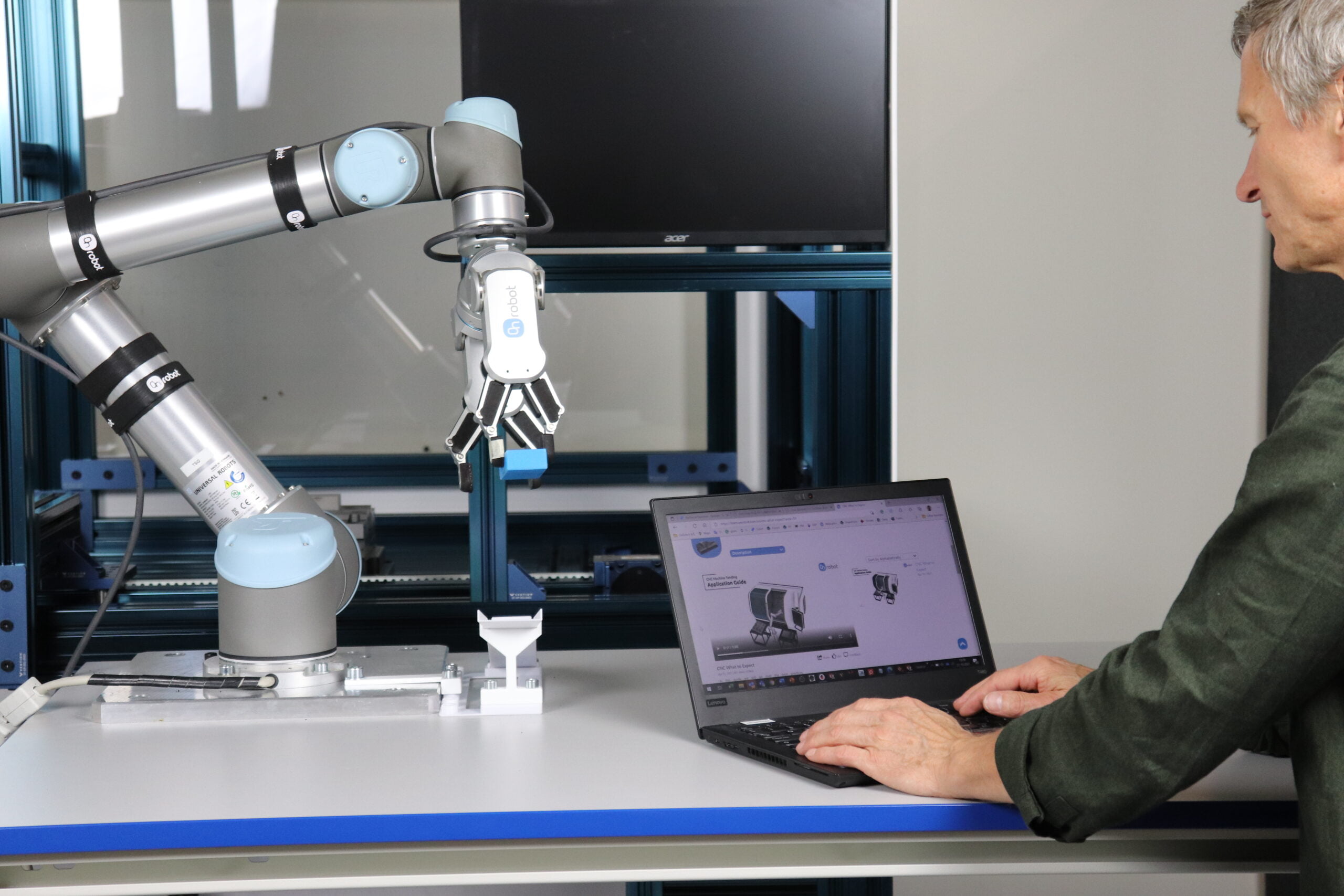
Changes in the labor market
The advent of cobots is having a significant impact on the job market and it will only increase in the future. Some people worry that this technology will replace jobs and lead to mass unemployment. While it is true that certain repetitive tasks, mainly on production lines, can be automated, the emergence of cobots also opens up new opportunities and creates new jobs.
One of the most important changes we will see is a shift in the nature of work. Many routine tasks will be taken over by cobots, giving workers more space to focus on tasks that require creativity, problem solving and human interaction. This will allow workers to add value in areas such as design, quality control, customer service and innovation.
In addition, new jobs focused on developing, maintaining and managing automation cells will emerge. Companies will need experts in robotics and AI, able to program cobots, integrate them into existing workflows and provide maintenance and repairs.
Collaboration between humans and cobots
One of the main advantages of cobots is the possibility of collaboration between humans and robots. Cobots can perform repetitive tasks faster and more accurately than humans, increasing productivity. At the same time, humans can use their expertise and intuition to perform more complex tasks and deal with unexpected situations.
However, this collaboration also requires new skills from workers. They must learn how to work efficiently with cobots, how to program and control the robots, and how to take advantage of the benefits this technology offers.
The labor market challenges of cobots
While the advent of cobots presents many opportunities, it also brings challenges. One of the main concerns is whether workers will be adequately trained and prepared for this new form of collaboration. Investment in education and training is needed to enable workers to develop the skills needed to work effectively with cobots.
In addition, attention must be paid to the ethical implications of cobots. Clear guidelines and regulations must be established to ensure that cobots are used safely and responsibly. This includes aspects such as workplace safety and avoiding unwanted impact on workers.
Getting to work!
The arrival of collaborative robots in the labor market marks a new era of collaboration between humans and machines. While some tasks will be automated, this technology also offers new opportunities and creates new jobs. Collaboration between humans and cobots can lead to increased productivity, improved quality and more room for human creativity and innovation. It is essential that workers are trained and prepared for these changes, and that ethical and regulatory issues are addressed.
WiredWorkers is an expert in automation and has already helped several companies implement robots. Contact us or schedule a free cobot consultation!
